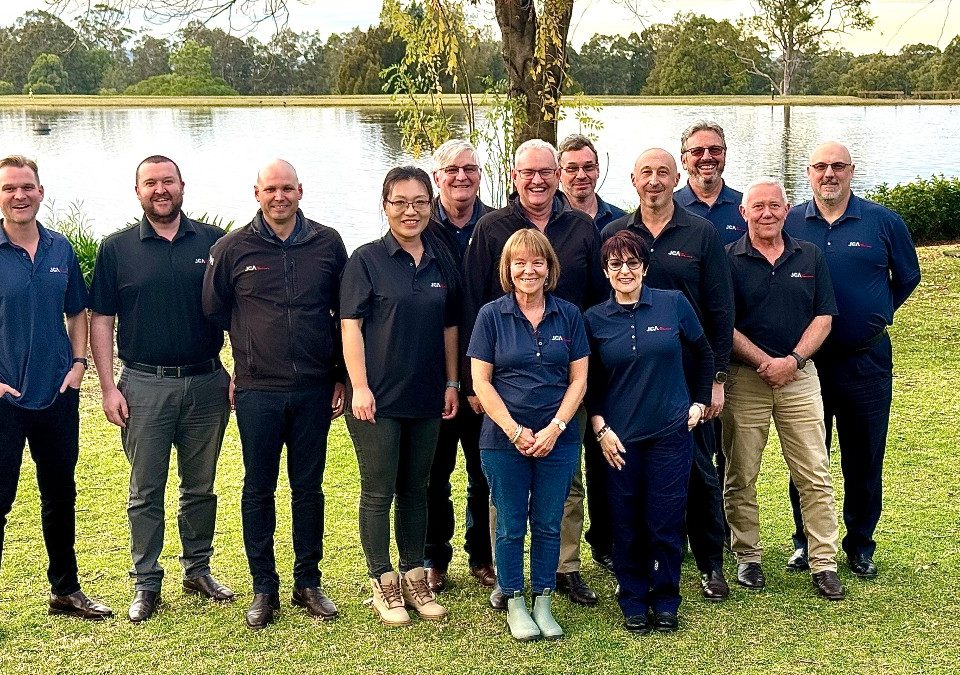The role of career adaptability in navigating life transitions
It’s no secret that the world of work has become more volatile, uncertain, complex and ambiguous (VUCA) over the last three years. Employees today need to be able to adapt not only in the workplace, but to external factors outside of their control to remain successful and competitive in today’s ever-changing job market.
So, how do leaders continue to engage and support their teams in uncertain times? And how do workers ensure their skills don’t become redundant?
Enter career adaptability.
In the ever-evolving modern workplace, career adaptability has emerged as a key determining factor of individual and organisational success, says TW’s executive and transition coach, Pam Armstrong.
“In a dynamic work environment characterised by constant changes, organisations must recognise and promote employees’ ability to adapt their careers,” says Pam.
“This proactive approach successfully enables organisations to navigate shifting industry landscapes, societal expectations, and environmental factors.”
What is career adaptability?
Embedded in a psycho-socio construct, career adaptability involves a spectrum of behaviours, competencies, and attitudes that empower individuals to align themselves effectively with a job that suits them well, especially during times of change.
This ability to adapt is contained in four adaptive strategies: concern, control, curiosity, and confidence, reflecting a person’s readiness to face the challenges of a dynamic professional world.
The role of career adaptability in career transitions
Career adaptability becomes particularly relevant in significant life transitions says TW psychologist Tess Collins.
“When faced with a career challenge such as redundancy, career adaptability can help a person adjust, learn and grow from the experience,” says Tess.
“Individuals with high career adaptability are more resilient and better equipped to thrive in dynamic and unpredictable professional landscapes as they benefit from using adaptive strategies like concern, control, curiosity, and confidence.”
Why organisations should prioritise career adaptability
Traditionally, financial incentives were the primary drivers of employee engagement and retention. Over the last few years, we’ve seen a paradigm shift towards personal motivational factors such as work-life balance, flexibility, and autonomy.
Organisations that actively promote career adaptability through comprehensive programs retain talent and remain resilient and competitive amid ongoing transformations in the business and employment landscape.
There has been many studies that demonstrate job satisfaction and employee wellbeing lead to higher retention, engagement and productivity. And similarly, research indicates higher levels of career adaptability is linked to increased employee engagement, flourishing, overall career success, and life satisfaction, especially among young workers (Coetzee et al., 2017; Magnano et al., 2021).
The changing world of work
The contemporary psychological contract between employers and employees emphasises shared responsibility for career planning, surpassing traditional notions of job security and promotions.
Organisations should implement career programs that encourage individuals to proactively manage their career planning to foster work engagement and employee retention, considering it a vital facilitator for success in the 21st-century workplace (Guest et al., 2010).
Ultimately, organisations should prioritise building career adaptability in their workforce through training and development programs. Aligning personal values with business values and ensuring a good fit between individual strengths and job roles are additional strategies to enhance career adaptability and support successful career transitions.
5 organisational strategies for supporting people during redundancies and career changes
Organisations undergoing restructuring and resizing need new approaches to maintain and increase engagement, and retain employees and productivity. They can do this by:
- Ensuring employees are equipped with knowledge of career adaptability and given strategies to increase concern, control, curiosity, and confidence to be in the best position to face challenges when they arise.
- Making sure leaders regularly check in and connect with their people – and that leaders validate their employees’ emotional experiences of change and transition.
- Training employees to be confident in the workplace, using resumes and interviews for internal role applications and deploying processes to retain talent.
- Ensuring employees seek work that is an appropriate job fit – that their personal values align with the business values and their strengths align with the role.
- Understanding that psychological factors such as readiness, confidence, control, perceived support, and decision independence also play a crucial role in the experience and duration of disruption at the individual level. Proactively addressing and boosting these five factors can help protect mental health.
Conclusion
Career adaptability isn’t a buzzword; it’s a critical component for individual and organisational success in the rapidly changing landscape of the modern workplace. Organisations that actively prioritise and foster career adaptability are better positioned to address challenges and uncertainties. At an individual level, embracing the adaptive strategies of concern, control, curiosity, and confidence, can help people navigate life transitions successfully and contribute to their organisations’ overall resilience and competitiveness too.
To find out more about how Transitioning Well can help in your workplace, take a look at our redundancy and career change resources or contact us to learn more.
References
Johnston, 2016; Rudolph et al., 2017; Zacher & Griffin, 2015
Sullivan & Baruch, 2009; World Economic Forum, 2018
Tolentino et al., 2013
Savickas, 2005
Magnano et al., 2021; Ramos & Lopez, 2018
Coetzee et al., 2017
Mendes & Stander, 2011; Tladinyane & van der Merwe, 2016.



